Ilya Yashin, a prominent Russian opposition activist recently freed in a high-profile prisoner swap, has vowed to continue his political struggle against President Vladimir Putin from abroad. Yashin, who was imprisoned in 2022 for criticizing Putin’s invasion of Ukraine, expressed deep frustration over being deported against his will and criticized the Kremlin for what he described as an illegal expulsion.
The prisoner swap, described as the largest since the Cold War, involved the exchange of eight Russians, including a convicted murderer, for 16 prisoners held in Russian and Belarusian jails, many of whom are dissidents. This move was hailed by Western leaders as a significant win, particularly in light of fears for the lives of political prisoners following the death of Alexei Navalny last year.
During a news conference in Bonn, Germany, Yashin revealed that he had not consented to the swap and felt that others with more pressing medical needs should have been prioritized. His emotional address highlighted his desire to return to Russia despite the dangers.
Yashin, along with fellow activists Vladimir Kara-Murza and Andrei Pivovarov, who were also released, expressed determination to continue their advocacy for a free and democratic Russia. Kara-Murza, who had been serving a 25-year sentence, criticized Putin as an illegitimate dictator and blamed him for the deaths of key political figures and civilians in Ukraine.
Former Russian president Dmitry Medvedev reacted to the swap by condemning what he termed "traitors" but acknowledged the strategic value of bringing Russian nationals back home.
Kara-Murza, reflecting on the complex decision-making involved in the swap, expressed gratitude for his release but also criticized the process, particularly the decision to release Vadim Krasikov, a convicted murderer, which he believed could have impacted the fate of Navalny.
Both activists described their imprisonment as a form of psychological torture, with Kara-Murza revealing that he had been informed of his limited life expectancy due to poisonings and endured harsh conditions including isolation and restricted contact with his family.



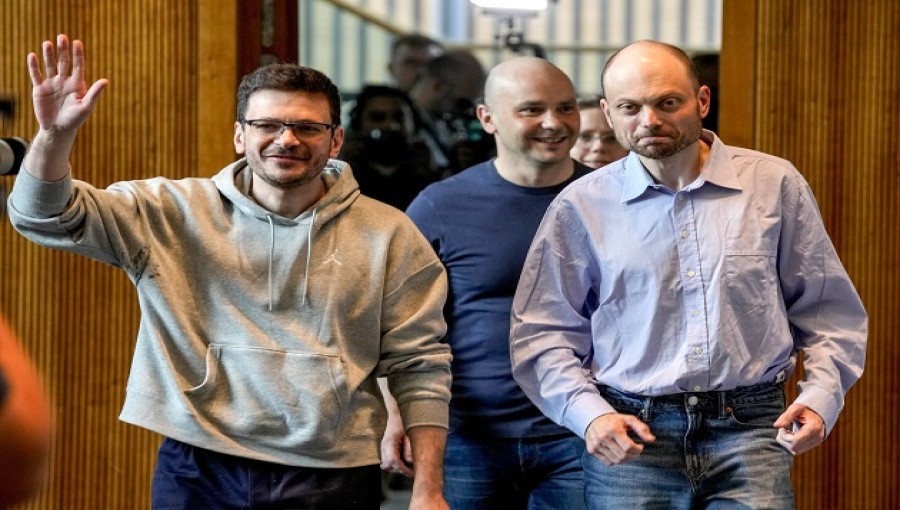

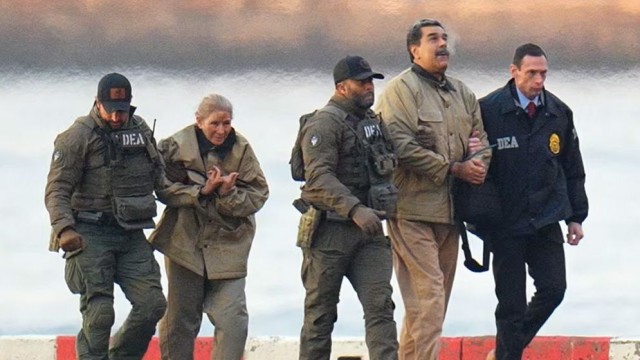



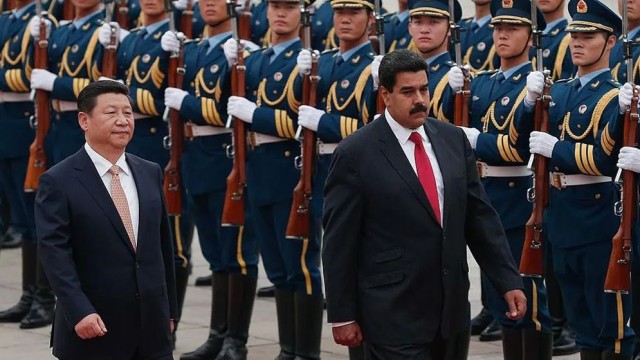
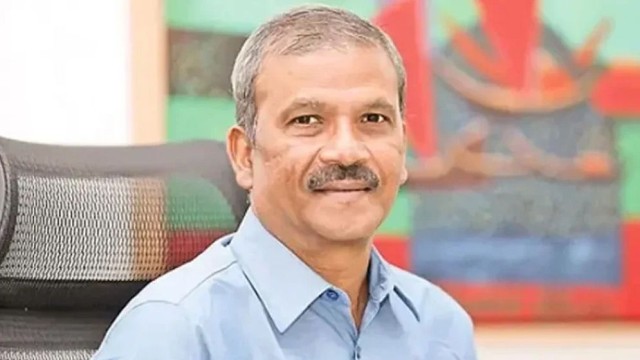
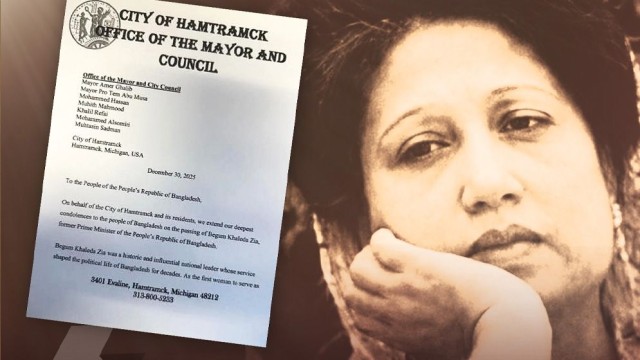

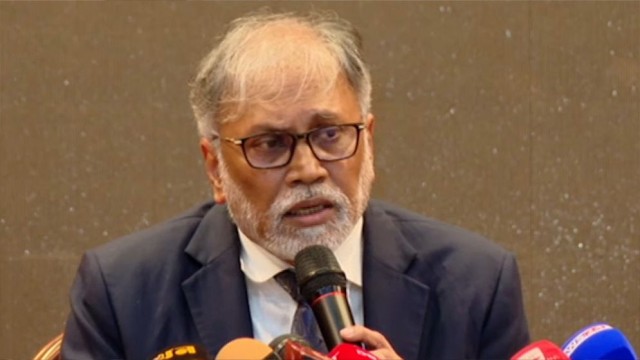
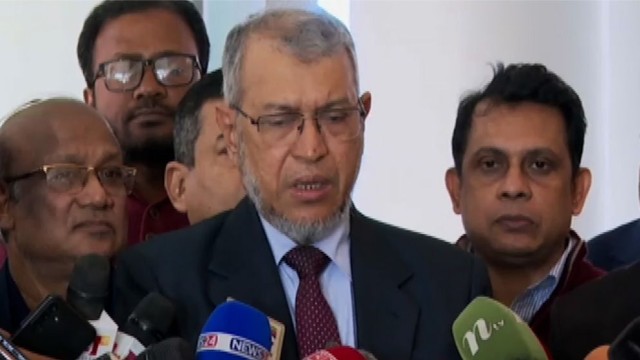



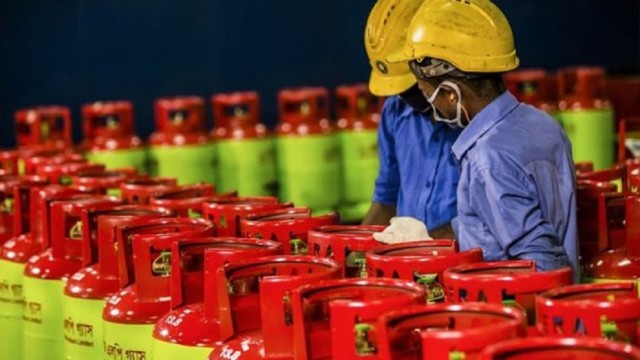




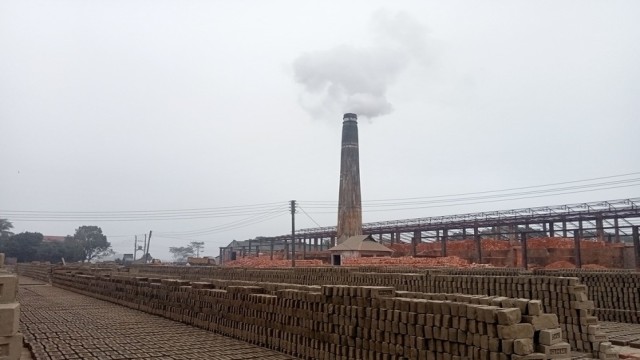
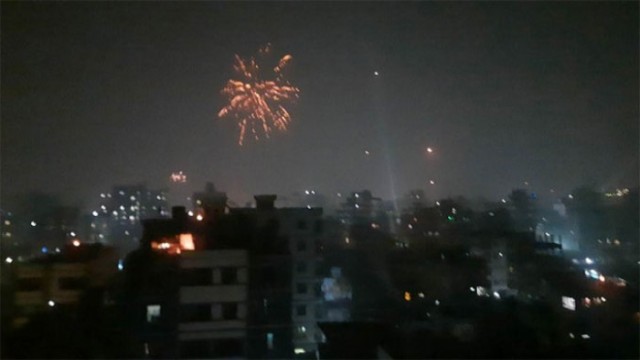
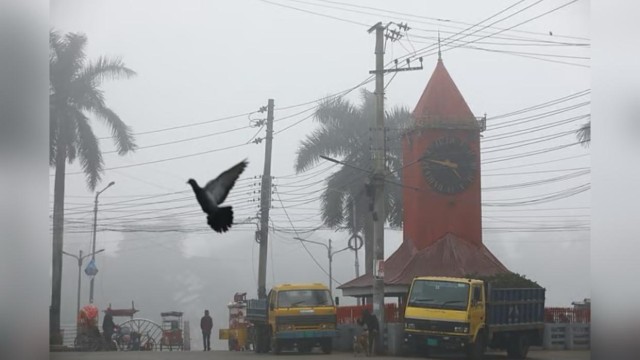
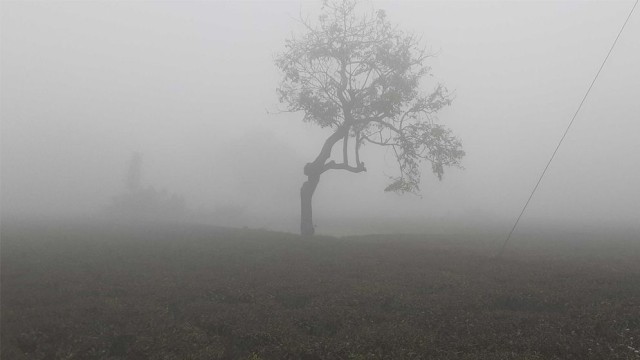
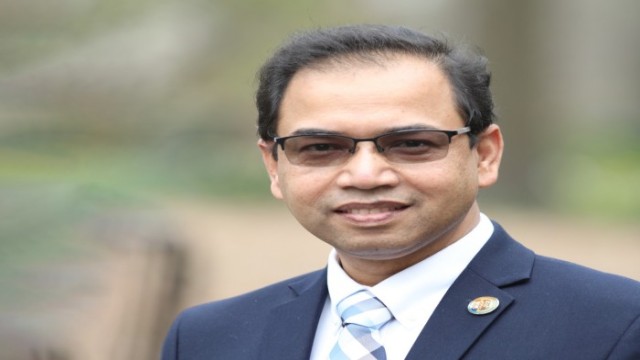
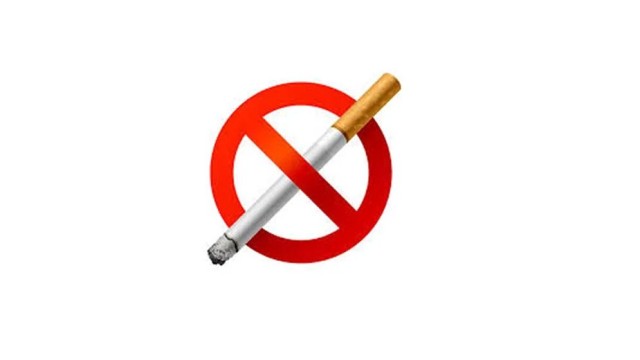
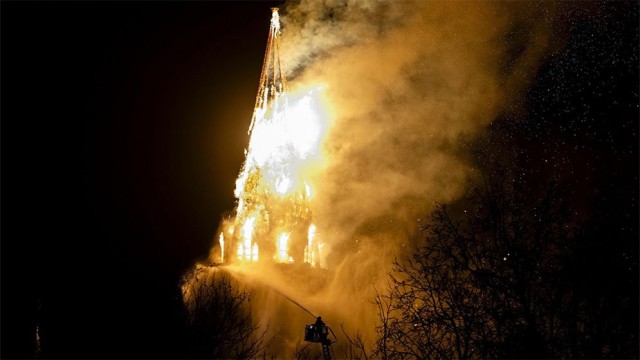

Comment: